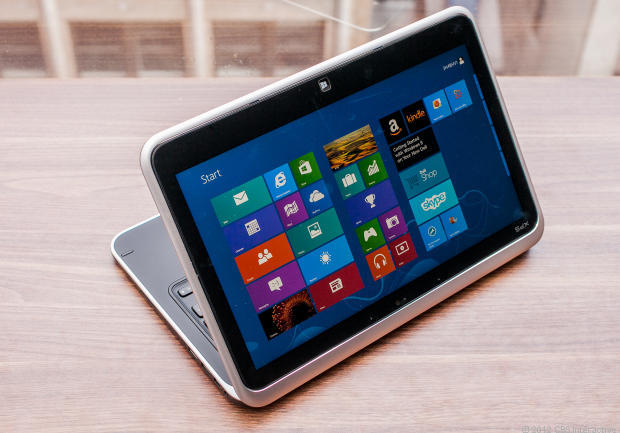As a society, we are becoming increasingly dependent on technology. Rarely a day goes by when we don’t surf the web, make the most of apps or send emails. Even our businesses are centred on gadgets. For this reason, it’s important that we keep our computers in tip-top condition to ensure their performance, reliability and longevity. Here’s how to do it.
Antivirus
This one may seem like a no-brainer, but you’ll be surprised to know how many people still attempt to run their PC without antivirus software. Doing so leaves their PC’s, and their personal information, open to attacks from millions of viruses, trojans and malware all looking to do damage to your system.
It is vital that you install antivirus software onto your PC. Try to avoid choosing free to download packages as often their reputation is questionable and they could actually be infected too. Instead, go for a well-known brand like Norton or McAfee to ensure your security.
Once you have your package installed, it is vital that you keep it up-to-date. Running an expired subscription will not provide protection from the thousands of new threats to your computer that are released on a daily basis.
Get Cleaning
It’s not only the internal workings of our PC’s that need attention – hardware does too. Dust may seem harmless, but if it is allowed to build up in the cooling vents it can have serious consequences for your system, causing sudden shutdowns, errors or even damage to the hardware itself. To avoid this, you should regularly dust your PC, focusing mainly on the back of the tower. If you’ve already got a hefty build-up of dust, you may need to swap your duster for a can of compressed air.
Remove Unused Programs and Files
Do you have any programs or files that you no longer use or need? If so, removing these can free up disk space and system resources which will help the speed of your PC. If you find any programs that you can remove, make sure you use the proper uninstall process found in the add/remove programs tool in Windows. This will make sure any programs are properly uninstalled. If you find files to delete, you may also want to empty your recycling bin after you are finished to make sure they are permanently deleted.
Call in the Experts
Of course, there’s only so many precautions you can take: sometimes, technical glitches are inevitable. Many people try to cut corners when it comes to repairing their PC, calling on inexperienced friends and family to try and rectify the problem rather than seeing a specialist. It is important that you avoid this, as it could lead to your PC becoming even more broken. If you do know someone that is a PC guru, by all means, get help from them. However, if you don’t, you should seek specialist PC repair. There are many companies that have a team of experts with all of the knowledge needed to get you back online in no time. This way, there will be no guesswork involved in diagnosing your problem either, helping you to avoid unnecessary costs.

